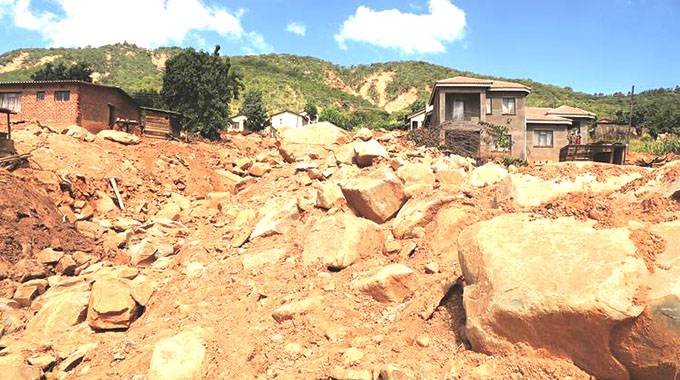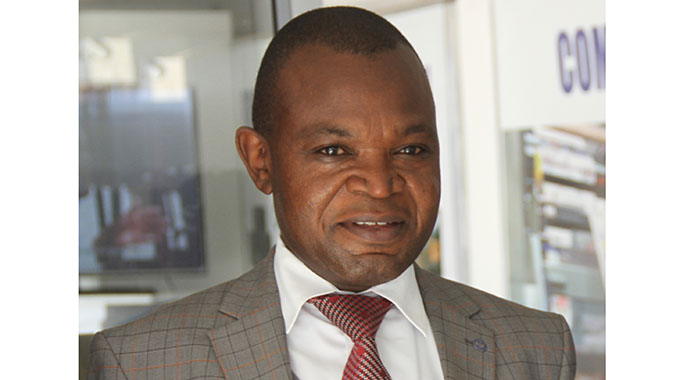Idai ghost haunts survivors

Paidamoyo Chipunza recently in Chimanimani
Tears could have dried and Cyclone Idai gone, but emotions and fear of uncertainty still grip communities that survived the March 15, 2019 disaster.
Remnants of the disaster bring bad memories to many who not only lost their loved ones and wealth, but those who witnessed the calamity that struck Manicaland Province that night.
Ngangu and Ngorima (also known as Kopa) townships in Chimanimani were the worst hit and survivors are still living in emergency holding camps.
This sad experience has since triggered chronic diseases such as high blood pressure and mental illnesses as patients try to come to terms with what transpired that night.
Community role models such as health workers are even in a worse off situation exacerbated not only by the number of bodies they confirmed dead nor those they managed to save but also their own personal experiences.
“It was around 7:20pm when the first patient walked in with a baby on her back,” said Ms Angeline Dhondlo, a pharmacy assistant at Chimanimani district hospital. “They were both naked, muddy, bloody, crying and so much distressed.
“There was no electricity for almost two days and we also didn’t have candles that night, we had to use our cell phone lights to see exactly what was happening.”
Ms Dhondlo, who was one of the two health workers on late duty that night tried to suture the mother and child as they were all bruised and injured using cell phone torches.
“As patients kept coming in as well as dead bodies, I couldn’t resist the thought of what was happening at my own home. I had left my children aged 21, 17 and 10 alone. This thought was precipitated by the fact that the first woman who had come in, lived in my neighbourhood.
“However, the night was so busy and since we were still two on duty, I failed to contact anyone at home to establish their safety. I tried to keep focused but with a divided attention,” said Ms Dhodhlo.
She said around 4:15 in the morning, the first nurse came in but the situation was still busy and hectic that she still couldn’t make contact with her children.
“It was only around 6:00 am that I managed to call my neighbour. I was told that the situation was very bad. All homes had been destroyed, including mine.
‘‘That put me into a panic mode, all my joints became weak, I hung up the phone, sat down and started crying,” she recalled.










Comments